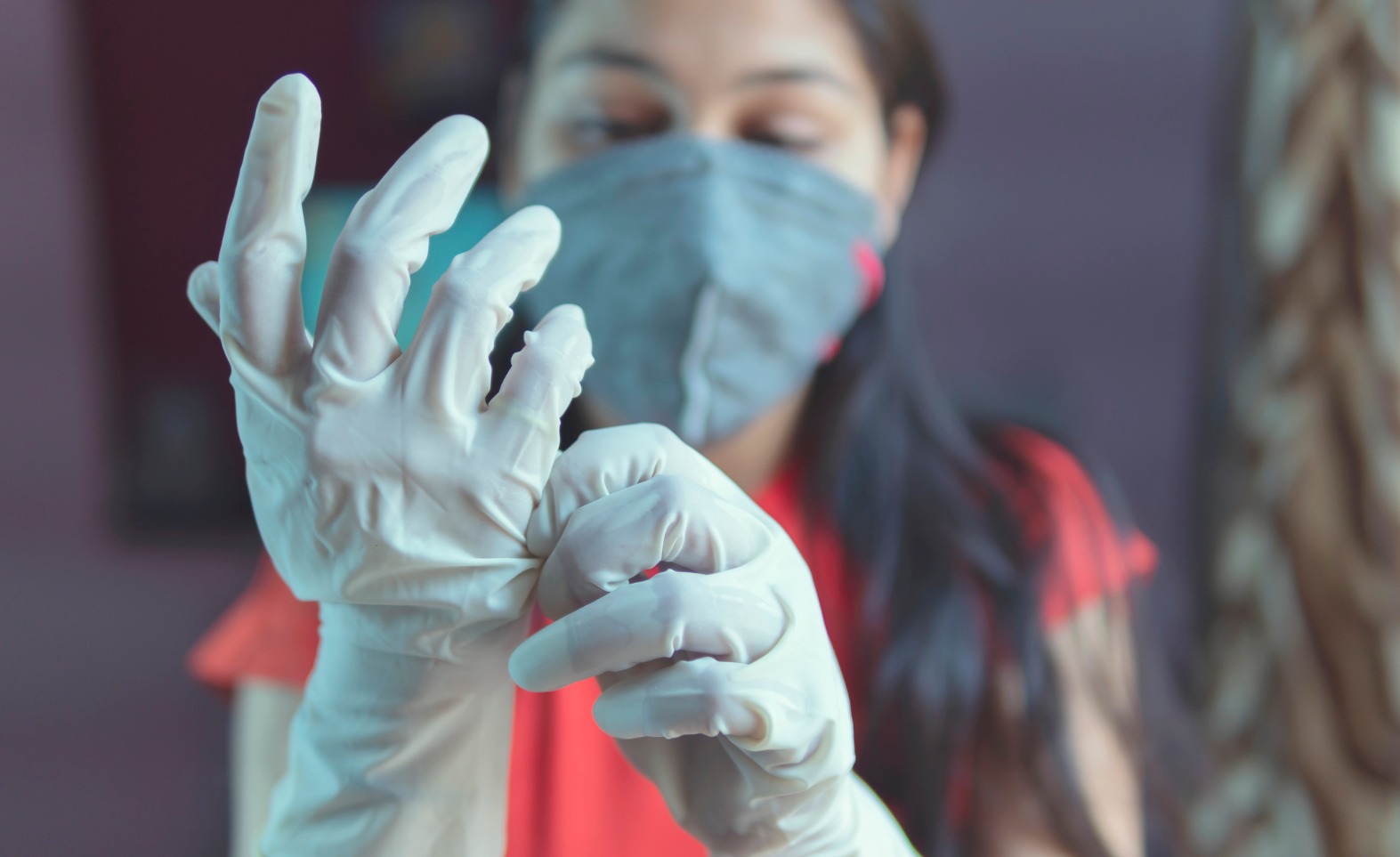
January 2, 2021
India has become self-reliant in the manufacture of medical devices, PPE kits, and ventilators following the COVID-19 outbreak.
In March 2020, the Union Cabinet had approved schemes for the promotion of domestic manufacturing within the pharmaceutical sector.
US$926 million will go towards a PLI Scheme promoting the domestic manufacturing of critical drug intermediates and APIs in India by 2028.
Since India has ranked 63rd on the Ease of Doing business ranking, it is pivotal to create an entrepreneurship ecosystem, especially with MSMEs.

According to an article in the LiveMint quoting industry experts, India took less than a year to become self-reliant in the manufacture of medical devices, personal protective equipment (PPE), and ventilators following the COVID-19 outbreak, and now seeks to strengthen the global supply chain by ensuring quality.
The report mentioned that over 300 manufacturers of various medical items like PPE kits, immunity boosters, face masks, and sanitizers approached GS1 India, a government-authorised standards body, for using its identification standards on their products, thereby ensuring supply across retail chains in India.
In March 2020, the Union Cabinet, chaired by Prime Minister Shri Narendra Modi, had approved schemes for the promotion of domestic manufacturing within the pharmaceutical sector, valued at over US$1.8 billion. The schemes include the combined expenditure of US$910 million towards the manufacturing of medical devices and providing common infrastructure facilities in four medical device parks and three bulk drug parks by 2025. An additional US$926 million will go towards a Production Linked Incentive (PLI) Scheme promoting the domestic manufacturing of critical drug intermediates and active pharmaceutical ingredients (APIs) in India by 2028.
The Indian industry is resilient, and its strength is very much seen in the fact that the industry was able to manufacture a gargantuan amount of more than 500,000 PPE kits daily by 1100 companies. Since India has ranked 63rd on the Ease of Doing business ranking, it is pivotal to create an entrepreneurship ecosystem, especially with MSMEs. To facilitate further the ease of doing business in India, the structural reforms, labour reforms, security code and occupational safety, health and working conditions code will continue to play a key role.
By reducing its dependence on foreign countries, India is not only enhancing its medical facilities, but also realising its vision of Atmanirbhar Bharat.